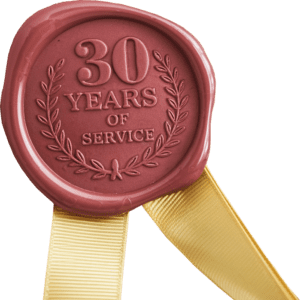How to Cut Through the CRM Sales Pitch and Get What You Really Need
With so many CRM vendors and options available, it’s challenging to sort through the sales pitch and find the right solution. Here are some tips to go past the CRM sales pitch to get what your business actually needs.
Define Your Business Needs
The first step in finding the right CRM software is to identify your business needs. What are your business goals? How do you expect the solution is going to help you achieve them? Start by identifying the specific challenges in managing your customer relationships, such as inefficient sales processes, poor customer engagement, or inadequate data management. Once you clearly understand your needs, you can evaluate the proposed CRM solutions on those terms.
Do Your Research
Take the time to read reviews, compare features, and understand the different pricing models offered by different vendors. Talk to other businesses in your industry to see what CRM solutions they use and how they have benefited from them.
Ask the Right Questions
When you are talking to CRM vendors, get a clear understanding of how their solution can meet your business needs. Ask about their experience working with businesses in your industry, how they handle data security and privacy, and what kind of training and support they offer. Ask about outcomes first, and features second. At the end of the day, your decision should be based on the capacity of the system to deliver a business solution, not a technical one.
Find a Partner That Wants to Learn About Your Business
Choosing the right CRM is not just about finding the right software. It’s also about finding a partner that understands your business and wants to help you achieve your goals. Look for vendors that take the time to learn about your business and ask questions about your specific needs and challenges. A vendor that is genuinely interested in your business will be better equipped to offer solutions that are tailored to your unique requirements.
Put the Vendor to the Test
When evaluating vendors, don’t take their word for it. Put them and their software to the test by running through different scenarios that apply to your business. For example, you might ask the vendor to show you how their software can help you manage your sales pipeline or track customer engagement. This will give you a better sense of how the software works in practice and how your vendor can help you achieve your business goals.
Be Aware of Jargon
The CRM space is full of jargon and buzzwords that are confusing and unnecessary. It’s important to do your research and become familiar with the key terms and concepts in the industry so that you can have more productive conversations with vendors. If you don’t understand something, ask for clarification. A good vendor will be happy to explain things in plain language.
Don’t Be Afraid to Walk Away
Lastly, if a vendor is pushing a solution that doesn’t meet your needs or seems overly complex, walk away. There are plenty of other CRM vendors out there, and finding the right one for your business is worth the time and effort.
As with any substantial decision, the key is to be thoughtful and intentional in your approach, and compare any sales pitch with the specific outcomes you’re seeking.


